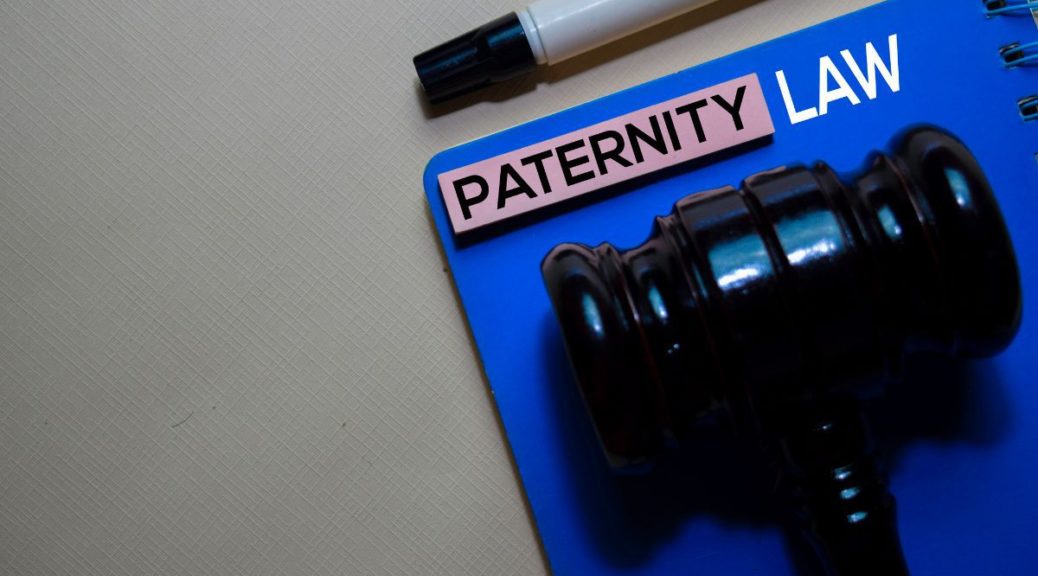Be aware that there are spoilers ahead if you have never seen the movies about divorce discussed in this article.
Mrs. Doubtfire – Stability Trumps Whimsy When It Comes to Child Custody and Visitation
This 1993 film starring the late Robin Williams focused on divorce, child custody, and visitation in a poignant yet comical way. As Daniel and Miranda Hillard’s marriage ended, Daniel’s whimsical behavior made him look like an unfit parent. He and his children had a great relationship, but the court granted custody to Miranda. After all, she had a good job and a stable home environment. The court also insisted Daniel clean up his act and limited his access to the kids.
Daniel’s response was to transform himself into an older female character – Mrs. Doubtfire – and get hired to be his own children’s nanny. He and the children became closer until his scheme fell apart, making him look even more unstable. Unlike many movies about divorce, this film ends on a high note. But did the movie makers get it right?
Child custody and visitation are significant points. It seemed the court tried to make decisions that were in the children’s best interests at all times. A stable home life is essential, and Daniel, at first, did not offer this. It made sense to give Miranda full custody and to limit Daniel’s visits. So, it appears that the court did get it right
However, the court may not have considered the children’s feelings on this matter. Although children are not always the best judge of character, Daniel’s kids were close to him and needed to see him. Daniel and Miranda worked out a compromise on visitation that the judge probably would have been approved if included in a California parenting plan.
Kramer vs. Kramer – When Home Away from Home Isn’t Home
This 1979 legal drama is about Ted and Joanna Kramer and their son, Billy. Joanna deserts Billy, leaving him Ted. Unfortunately, she had been Billy’s primary caregiver because of Ted’s high-stress, time-consumer job.
After being gone for more than a year, Joanna returns to divorce Ted and claim custody of Billy., despite Joanna’s abandonment, she won custody of her son.
Joanna prepares an apartment for Billy and then tearfully confesses to Ted that Billy’s true home is with Ted. We don’t see any courtroom scenes as the movie ends soon after, so it’s unsure whether Joanna officially yielded custody or not.
Courts in the 1970s still tended to favor mothers over fathers when it came to custody battles. Movies about divorce did, too. The court here seemed to ignore Joanna’s abandonment and Ted’s stepping up to be a good father to Billy. This may be partly due to something called the “tender years doctrine” that presumed moms should have custody of very young children.
In a California divorce, the courts make custody decisions based on many factors, including what is in the child’s best interests. Abandonment is a serious concern, especially when the child’s other parent is not unfit. A California judge faced with this situation today might have granted sole physical and legal custody to Ted. However, both parents may negotiate a parenting plan and present it to the court for approval.
The War of the Roses – Property Division Can Be a Thorny Issue
This dark comedy shares the story of Oliver and Barbara Rose. During their marriage, they had two children and became very wealthy due to Oliver’s legal career. Finally, though, Barbara confesses she no longer loves Oliver, and they decide to divorce.
The real problems begin when they start splitting up their property. The mansion that Barbara had found and filled with expensive possession became the main point of contention. Barbara kicks Oliver out of the house. Despite his attorney’s advice to compromise, Oliver returns to the home. As their conflict spirals out of control, the couple begins destroying their home, its contents, and eventually each other.
As movies about divorce go, this one captures how personal property division can become to divorcing couples. Sometimes it’s not about the actual property. Instead, personal feelings can get in the way, preventing much-needed compromise.
The best way Oliver and Barbara could have prevented the loss of property and life here would have been to heed the advice of their divorce attorney. Since California is a community property estate, shared assets and debts are split 50-50 with a few exceptions. Attorneys with property division experience could have used California law to help the Roses categorize their property and then amicably divide it.
Movies About Divorce Don’t Always Get It Right. Talk to a California Divorce Attorney About Your Divorce.
The attorneys at the Law Offices of Judy L. Burger are experienced at all phases of divorce, legal separation, and annulment. Call us at 415-293-8314 to schedule a private appointment or visit our website. We assist clients along California’s Northern to Southern Coast, including San Francisco, Beverly Hills, Marin, San Jose, Gold River, San Diego, Santa Barbara, Ventura/Oxnard, and surrounding communities.











